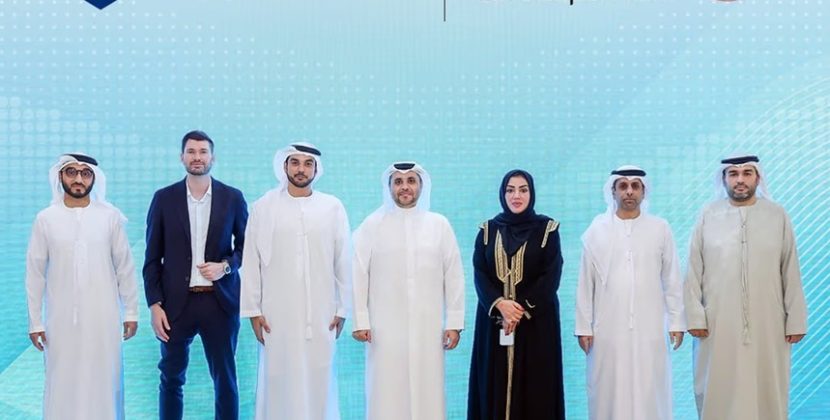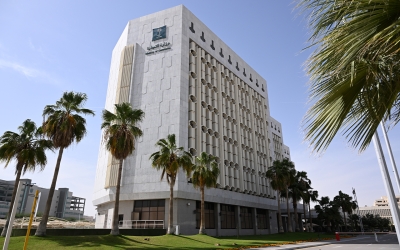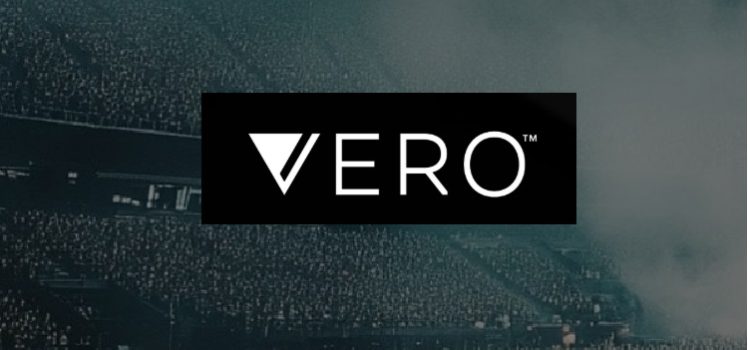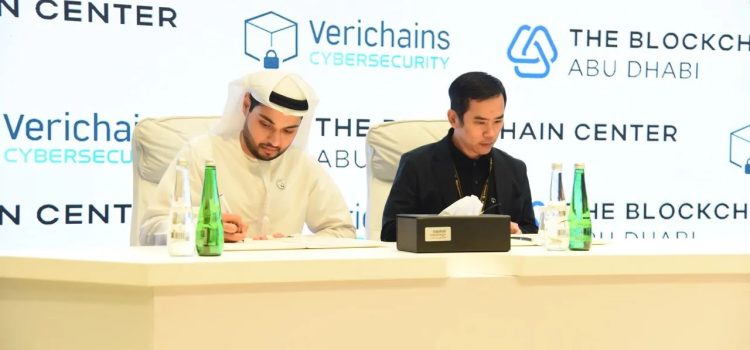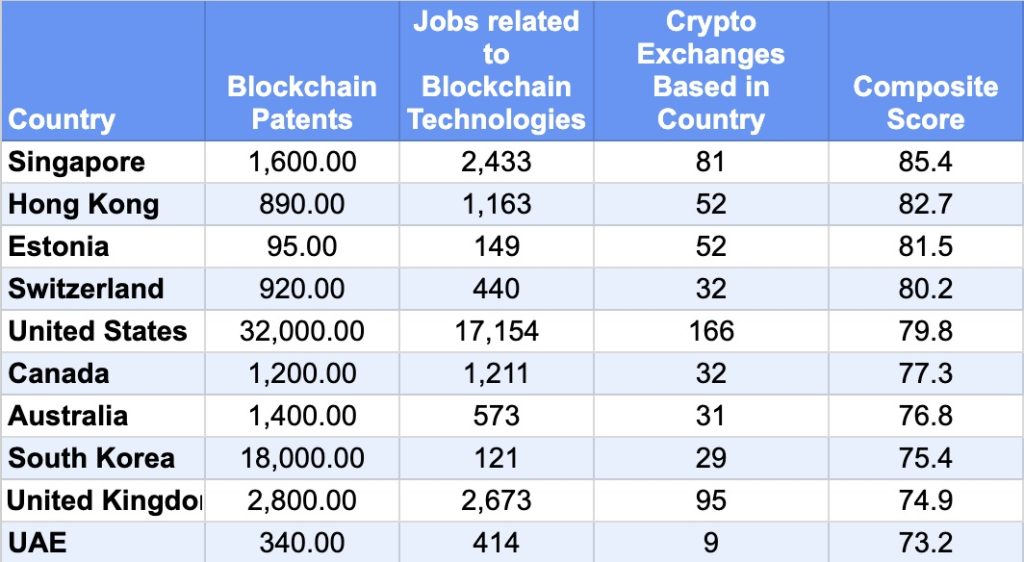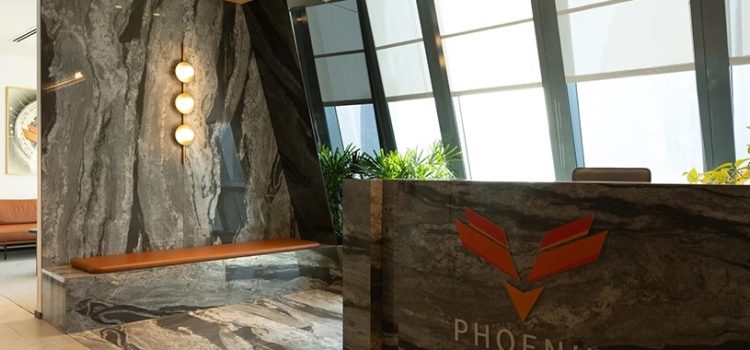
In an eToro survey, published December 24th, on UAE retail investors, it found that UAE retain investors plan to increase their cryptocurrency investments by 2025. In fact 37% of retail investors plan to do so, while 40% plan to increase their investments in stocks, bonds and commodities, while 38% plan to invest in real estate.
This survey covered 1,000 retail investors in the UAE, 54% of whom listed financial goals as their main New Year’s resolutions for 2025, including investing in stocks, cryptocurrencies, and real estate.
The survey also showed that 51% of respondents plan to increase their savings or investment amounts, and 41% plan to develop more comprehensive budgeting and spending tracking strategies. Meanwhile, 32% want to increase their income through side jobs, and 28% are considering changing jobs to earn higher salaries.
66 percent of retail investors in USA will increase allocation in crypto in 2025
Bret Kenwell of eToro discussed a survey that was conducted on 1,000 retail investors in the United States. 61% of respondents affirmed that the bull market will persist.
In addition, confidence in AI stocks is also high, with 16% anticipating that they will continue their substantial increase into 2025, while 42% anticipate more incremental increases in their share prices.
Analyst Bret Kenwell said, “Tech often serves as a leadership group for US stocks, and with mega-cap and AI-related stocks garnering strong momentum as Q4 draws to a close, retail investors are looking for that to continue in 2025. Given how well markets have performed and how well these companies are doing, it’s no surprise that investors are optimistic.”
The re-election of Donald Trump, a pro-crypto president, has inspired substantial adjustments in retail investors’ portfolios. 55% of investors have adjusted their strategies. Of those that are planning on adjustments, 66% are increasing their allocation to crypto, a more popular option than US stocks 50%.
Bret Kenwell explained that Crypto has done really well. He further pointed out that Bitcoin has doubled its price for two consecutive years.

